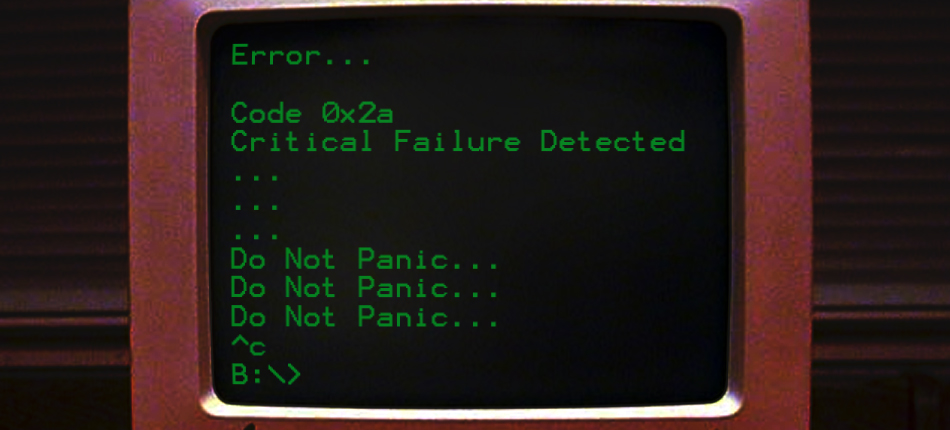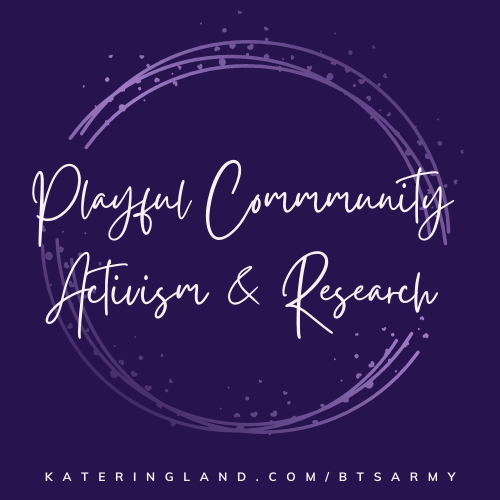I’m happy to announce that I will be the opening keynote at the Education in Games Summit this year in Melbourne, Australia, October 14. This summit is for school teachers to learn more about using games in their education practices. I’ll be talking about my Autcraft research, as well as speaking more broadly about how we can use games in inclusive education.
Tag: education
CW: violence against people with disabilities
March 1st is the Disability Day of Mourning when we honor those with disabilities who are the victims of filicide.
Across the United States, approximately 12% of people have a disability. People with disabilities are more likely to live in poverty and become the victims of crimes. Every year, people with disabilities are murdered by their parents, family, or caregivers. 650 people with disabilities have lost their lives in this way over the last five years.
On March 1st each year, we hold the Disability Community Day of Mourning to honor and remember those who have been victims of filicide — both adults and children with disabilities who have been murdered by those closest to them.
While vigils are taking place across the globe, memorials are also occurring in online spaces as well. [short video of character in Minecraft to show how it works] In the virtual world of Minecraft, there are communities created specifically to be safe spaces for children and adults with disabilities. One parent in the Autcraft community has created a memorial commemorating the names of those lost to filicide. [a screenshot or two of the memorial]
While communities, like the Autcraft community, do a lot of outreach to educate others about anti-violence and anti-bullying and work to create inclusive spaces, more can be done to help marginalized individuals.
To find out how you can help visit the Autistic Self Advocacy Network website and download the anti-filicide toolkit.
For a list of victims, there is a virtual memorial, which can be found at disability dash memorial dot org.
Video by Kathryn Ringland and Severn Ringland.
Sullivan, P. M. (2009). Violence Exposure Among Children with Disabilities. Clinical Child and Family Psychology Review, 12(2), 196–216. https://link.springer.com/article/10.1007/s10567-009-0056-1
Ringland, K. E. (2019). “Autsome”: Fostering an Autistic Identity in an Online Minecraft Community for Youth with Autism. In iConference 2019 Proceedings.
Bittersweet” Kevin MacLeod (incompetech.com) Licensed under Creative Commons: By Attribution 3.0 License http://creativecommons.org/licenses/by/3.0/
This week I attended my first Digital Media and Learning conference, which was held here on the UC Irvine campus. I thought I would write a short recap of my experiences. Disclaimer: these thoughts are by no means all encompassing.
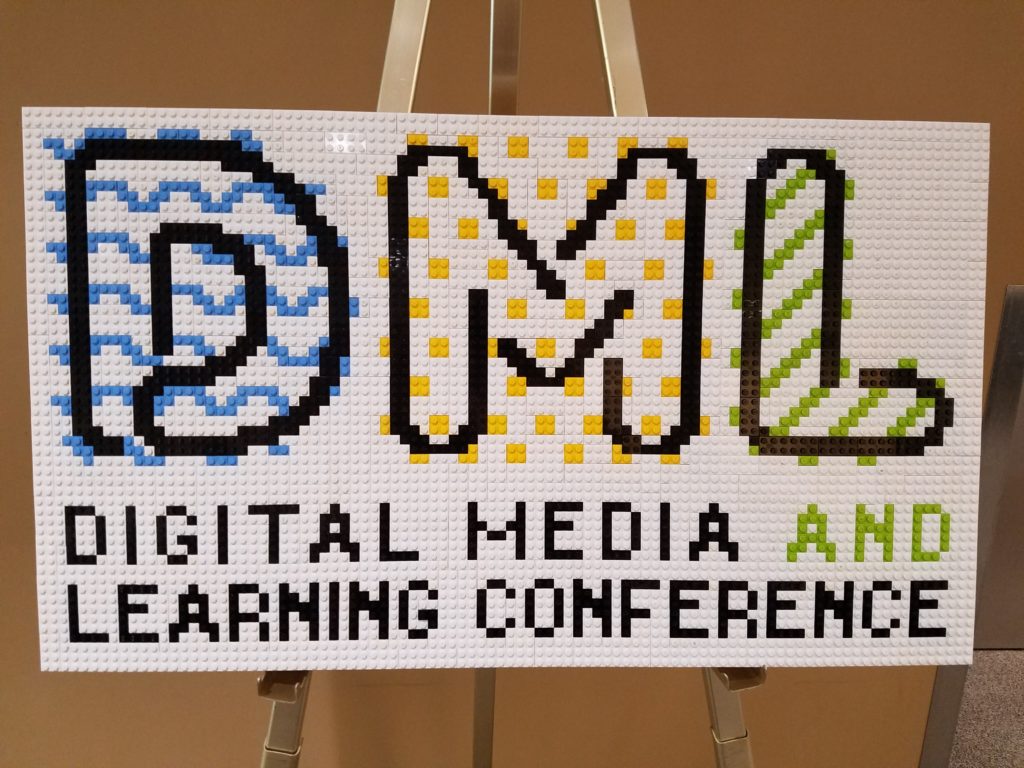
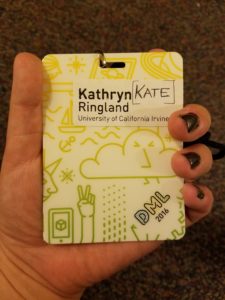
Fun DML 2016 badge.
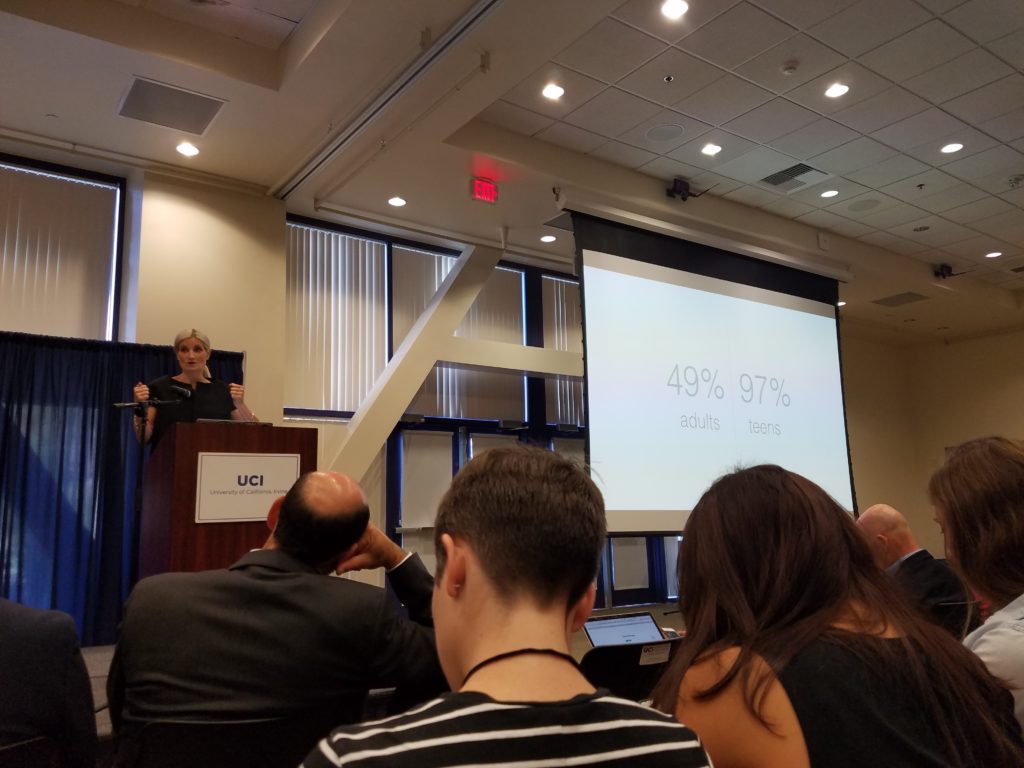
Constance Steinkuehler talking about the future that is games.
“Games are an amazing architecture for engagement” #2016DML
— Kate Ringland (@liltove) October 6, 2016
Reproduce the system. Or change it. What are we teaching students to do? @constances #2016DML #freire
— Robin DeRosa (@actualham) October 6, 2016
“If you’re not concerned with equity, you’re not in education.” @constances #micdrop #2016DML
— Jamie Brown (@Inneri) October 6, 2016
@joseiswriting and @henryjenkins talking race and media. “Not talking about race is white privilege” #2016DML pic.twitter.com/0eFbYOMGN0
— Michael Kolodziej (@mskolodz) October 7, 2016
Jose Antonio Vargas wonders why goods can move freely globally but not people @defineamerican VIDEO: https://t.co/DSvyOjfVAr #2016dml
— Renee Hobbs (@reneehobbs) October 7, 2016
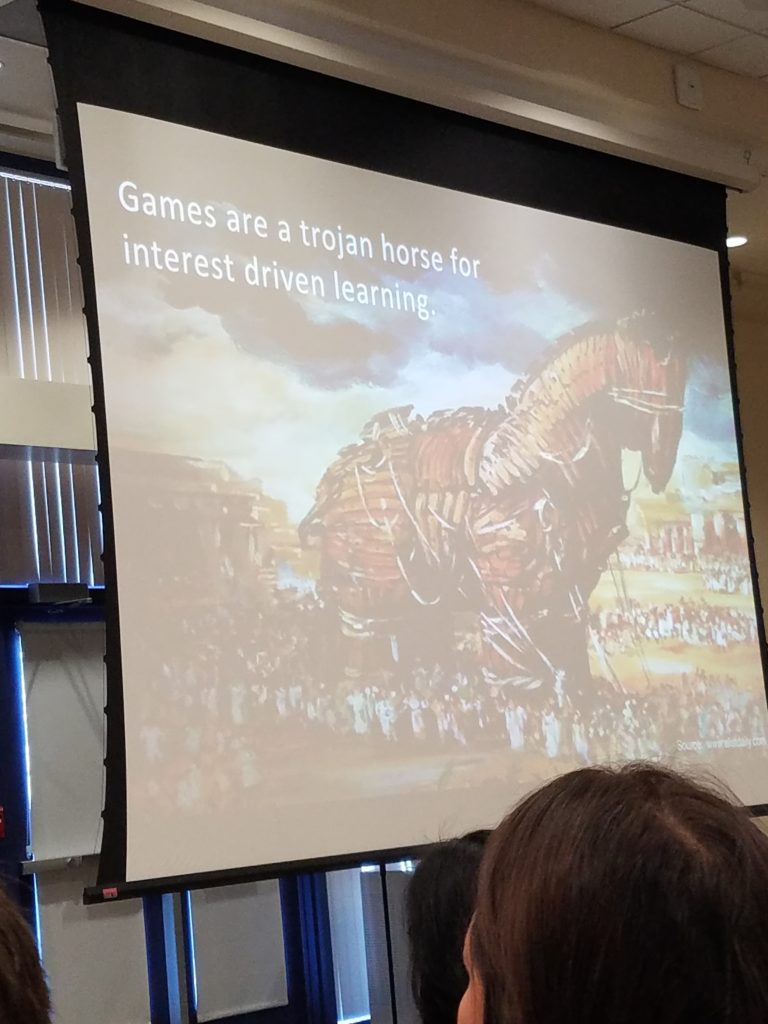
Slide of the trojan horse that is GAMES.
This speaks to my work RE dis/ability – time to rethink what the norm really is. #2016DML https://t.co/dYb21whPTT
— Kate Ringland (@liltove) October 7, 2016
Who gets to tell the story is just as important as the story being told – @joseiswriting #2016DML
— Kate Ringland (@liltove) October 7, 2016
My #IgniteTalk slides can be found on SlideShare at: https://t.co/LGvay04vw5 #2016dml #stuvoice #UDLchat #designthinking #inclusivedesign
— Rhianon E. Gutierrez (@RhianonElan) October 8, 2016
A bit of a synopsis of my ignite talk from today. Please do reach out and let’s collaborate! #2016DML https://t.co/F5XQAAtM7p
— Kate Green (@KateGreen28) October 8, 2016
Little snippet of protest #blacklivesmatter #2016DML pic.twitter.com/9QnYeuMpRB
— juliekeane (@juliekeane) October 7, 2016
Student protesting happening right outside #2016DML as we talk about using our voices to make change.
— Kate Ringland (@liltove) October 7, 2016
Outside: Protests against police violence. Inside: Jose Antonio Vargas speaking about race, immigration, & #EmergingUs. #awesome #2016DML
— Carrie James (@carrie_james) October 7, 2016
This is happening outside. #2016dml #blacklivesmatter pic.twitter.com/2xOBexQEHL
— juliekeane (@juliekeane) October 7, 2016
I was ecstatic when Henry Jenkins discussed how Star Trek changed his world view.
Two things changed my world view – Star Trek and Martin Luther King @henryjenkins #2016DML <3 <3 <3
— Kate Ringland (@liltove) October 7, 2016
All in all, it was an awesome event and I’m looking forward to attending again next year!

